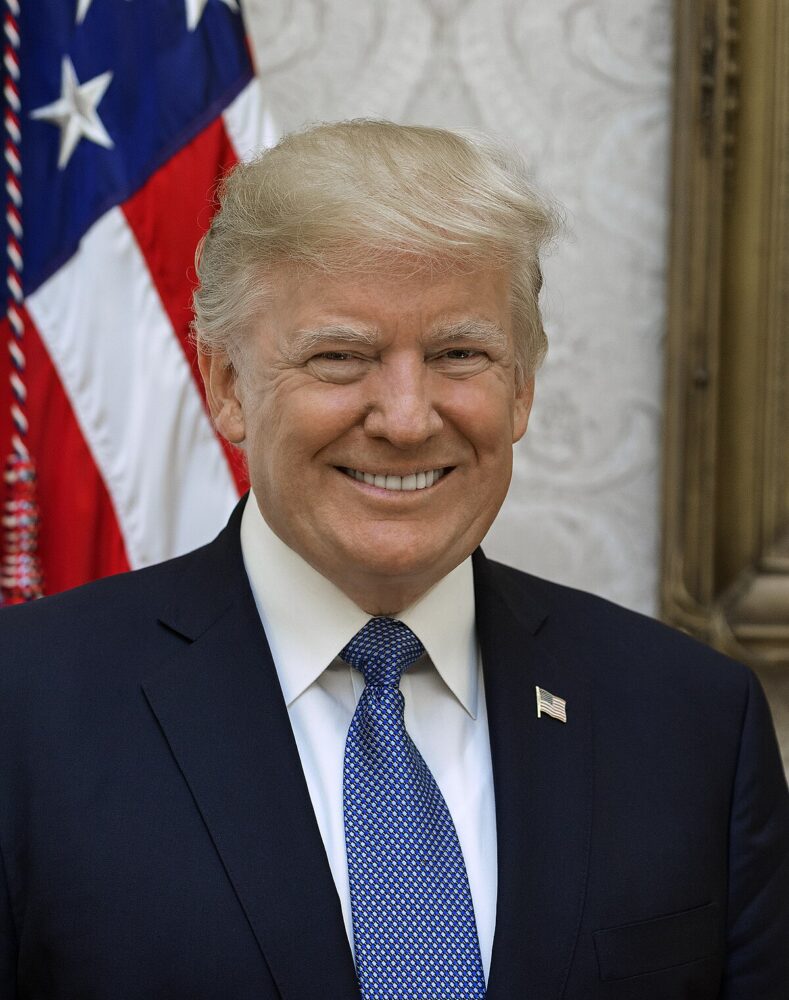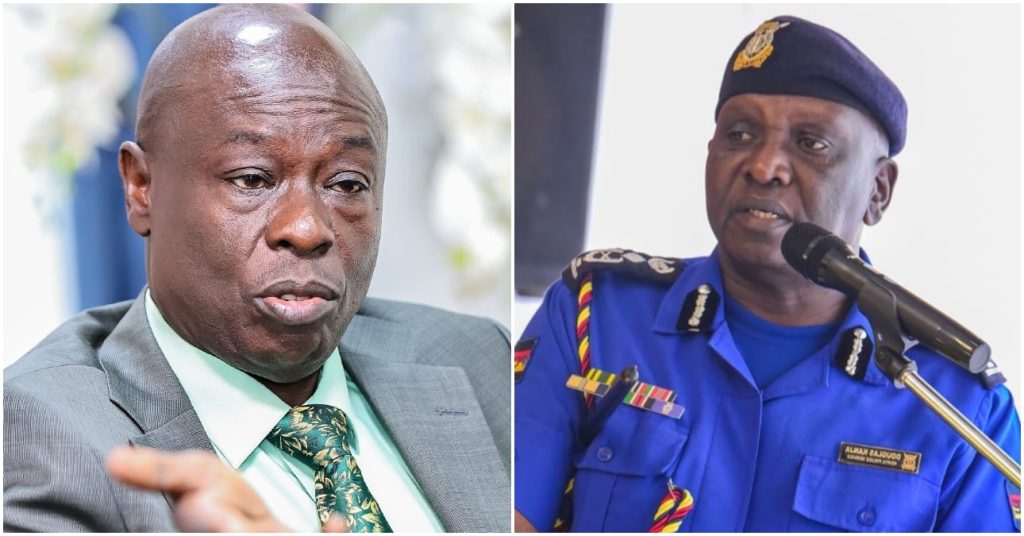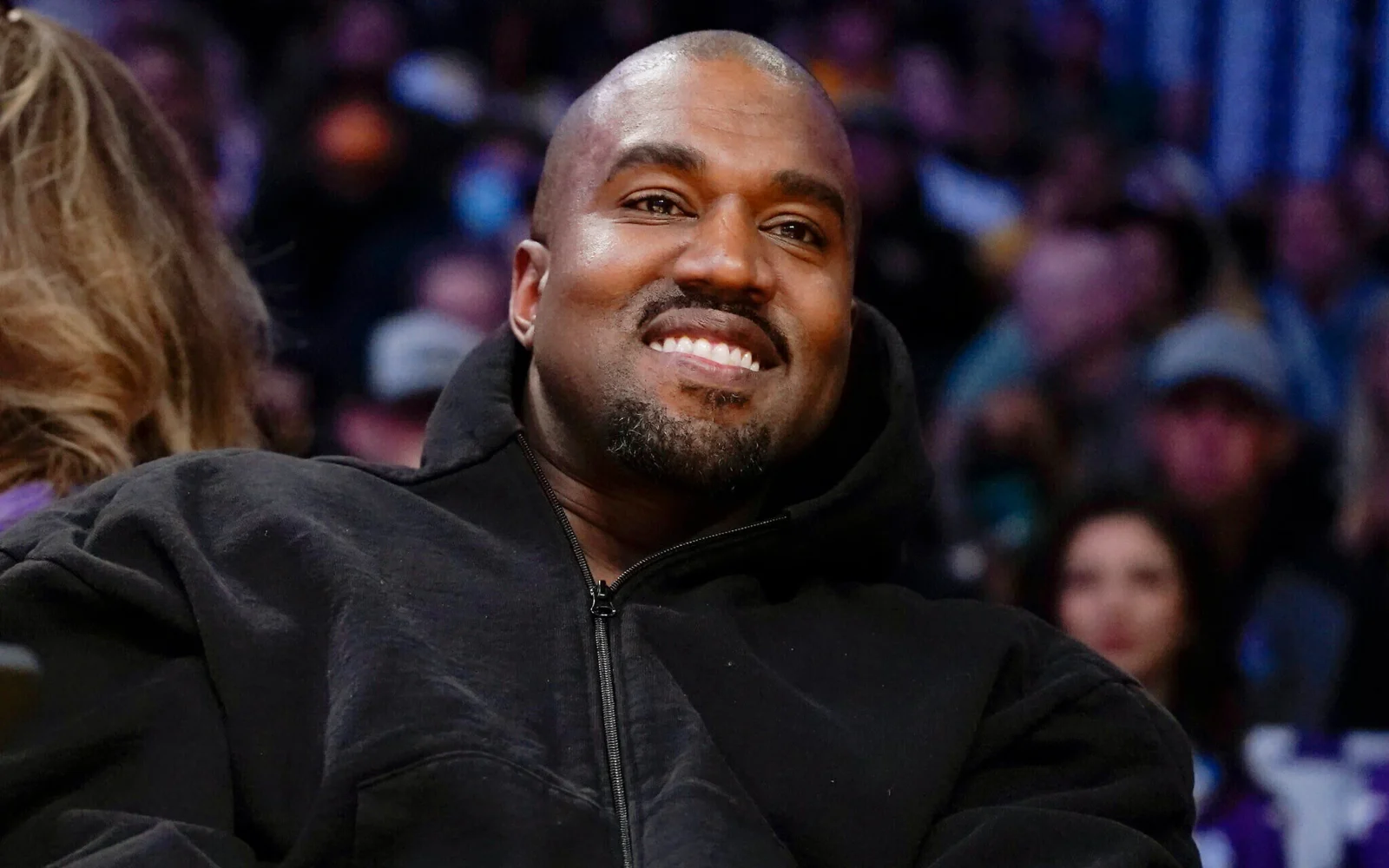Elon Musk, tasked with aggressively downsizing the U.S. government under President Donald Trump’s directive, has officially been designated a “special government employee,” the White House announced on Monday.
This status allows him to work for the federal government while potentially sidestepping financial disclosure and conflict-of-interest rules that apply to regular employees.
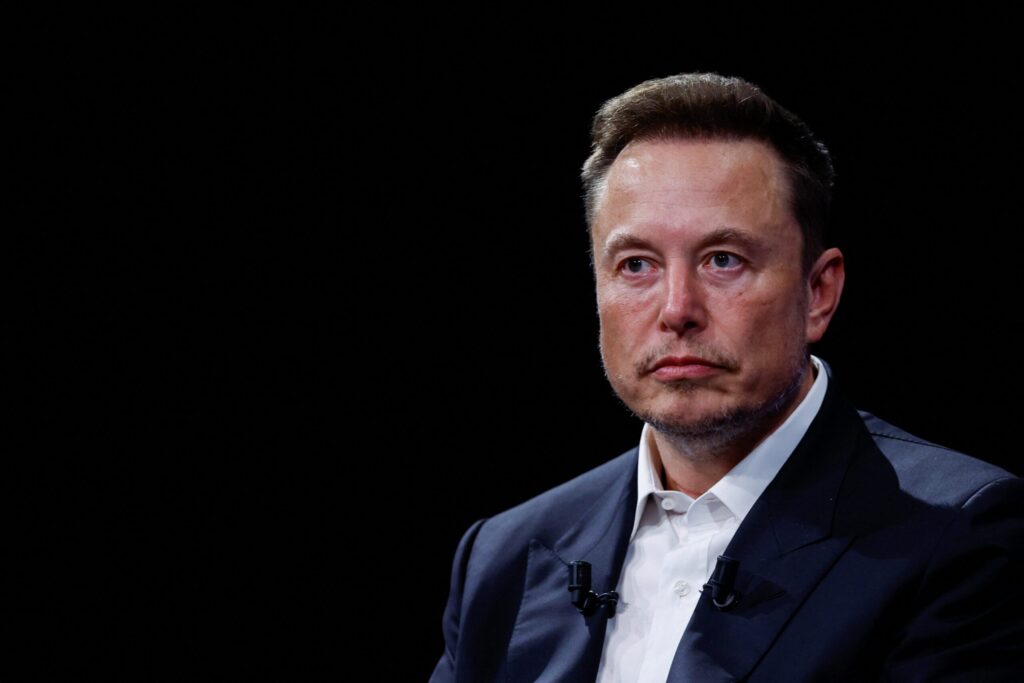
Despite this new role, Musk continues to lead Tesla and SpaceX while chairing Trump’s cost-cutting initiative, the Department of Government Efficiency.
His influence stretches across multiple sectors, including national defense, as SpaceX holds billion-dollar contracts with the Pentagon and intelligence agencies.
White House Press Secretary Karoline Leavitt confirmed Musk’s classification, while a senior official emphasized that he is not drawing a government salary and is complying with legal requirements.
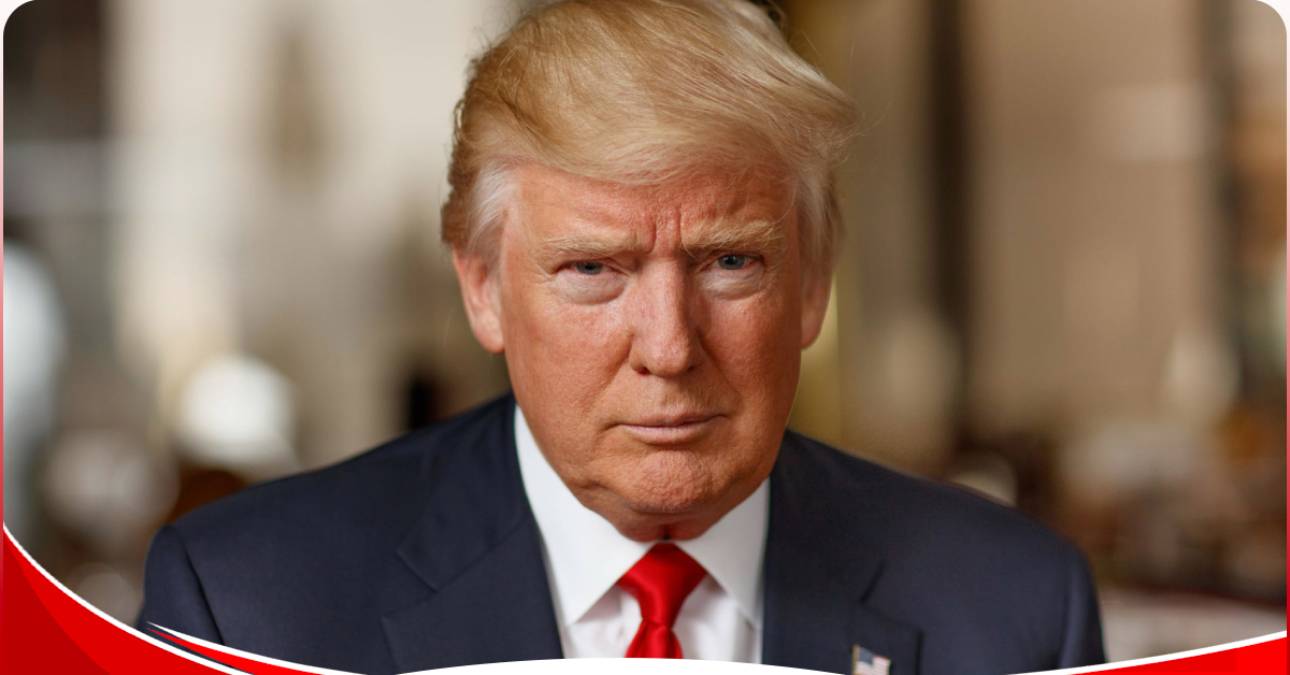
Special government employees typically serve for no more than 130 days, though Trump has yet to specify how long Musk will remain in the position.
Musk’s sweeping reforms have sparked both admiration and alarm. His team has gained access to critical government systems, causing widespread unease among civil servants.
Some agencies have reportedly been thrown into chaos as Musk’s operatives take control.
According to Reuters, career employees at the U.S. government’s human resources agency were locked out of systems containing personal data on millions of federal workers.
Musk has also set his sights on dismantling the U.S. Agency for International Development (USAID), calling it a left-wing organization unaccountable to the White House.
His aggressive approach has drawn sharp criticism from Democratic lawmakers, who warn that an unelected billionaire wielding such power threatens government accountability.
Trump, however, remains steadfast in his support. He reassured reporters that Musk operates under strict oversight.
“Elon can’t do anything without our approval,” Trump stated.
Trump praises Elon Musk
“If there’s a conflict, we won’t let him near it.” He praised Musk’s instincts and his ability to lead multiple ventures simultaneously.
Ethics experts have raised concerns about Musk’s lack of financial disclosure requirements.
Kathleen Clark, a government ethics professor, warned that his designation as a special employee could shield his finances from public scrutiny.
“Without transparency, journalists and watchdogs cannot hold him accountable,” she said.
Adding to the controversy, Musk personally spent over $250 million to support Trump’s reelection.
On X, the social media platform he owns, he amplified messages arguing that voters knowingly endorsed his cost-cutting agenda.
As Musk’s role expands, questions about transparency and power continue to grow.


